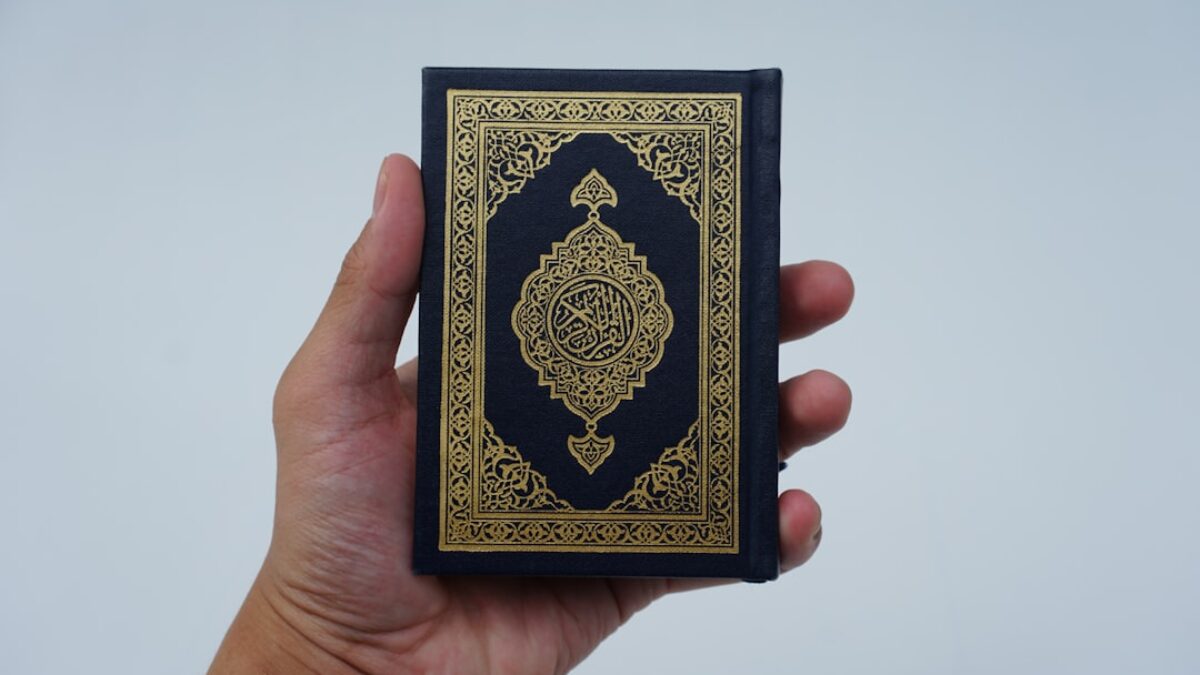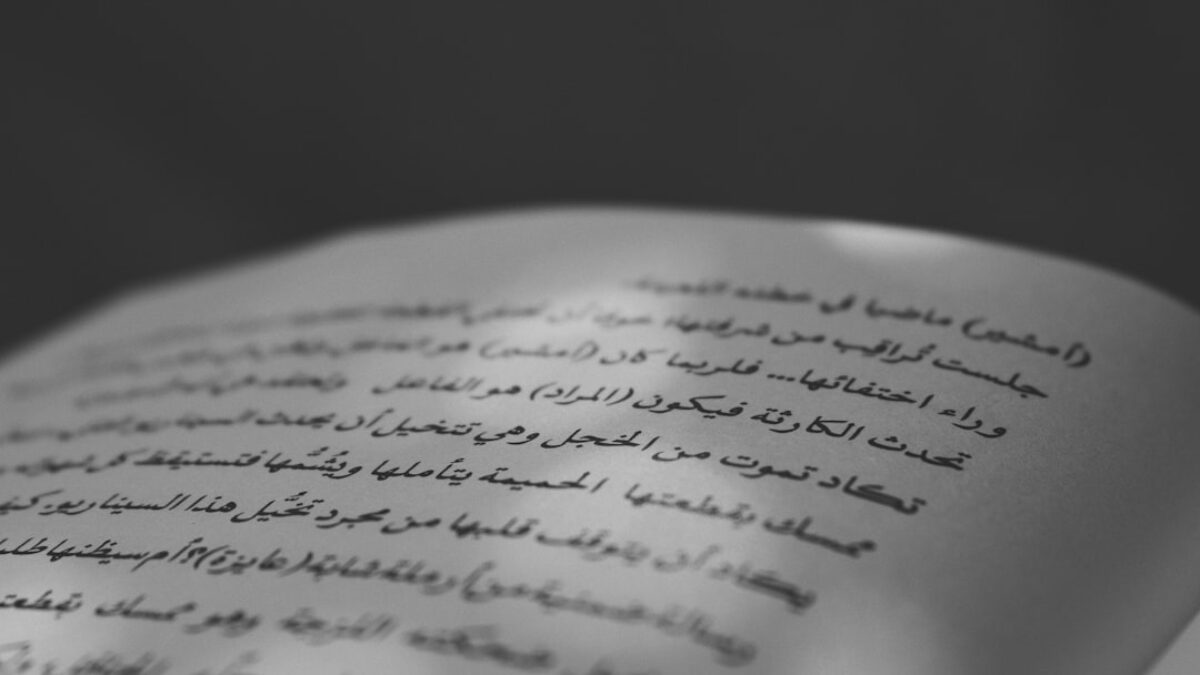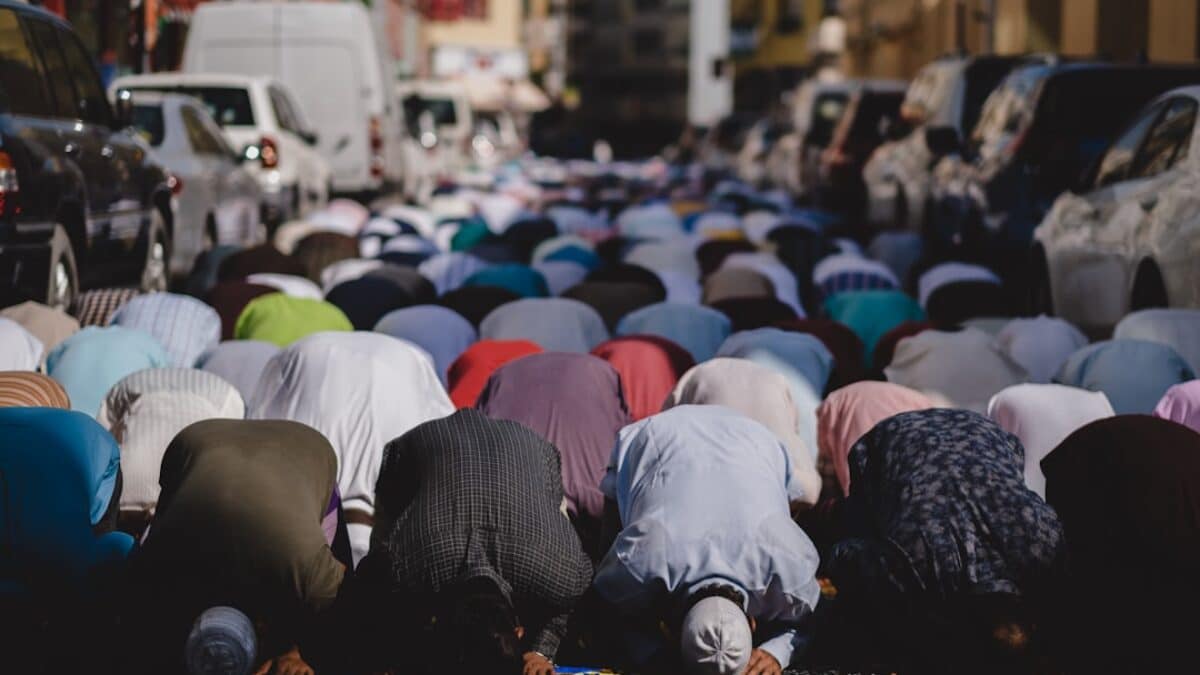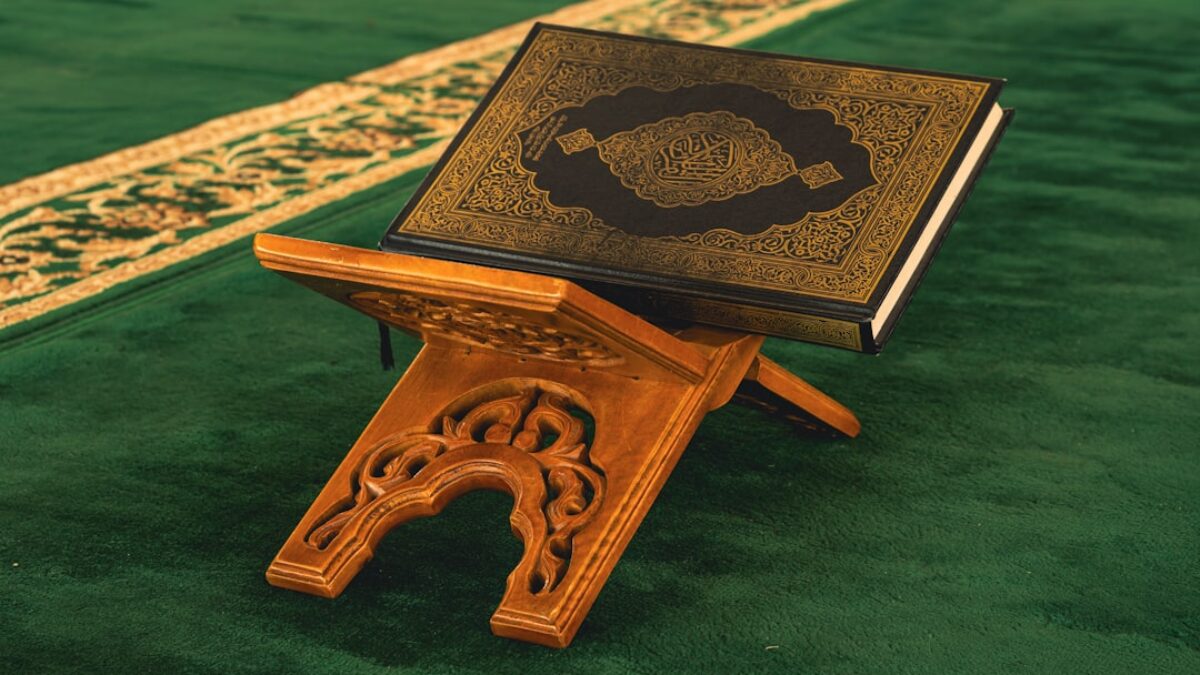Islam is the world’s second-largest faith tradition, yet it is often portrayed through headlines rather than heartbeats. This article breaks down the essentials of Islamic faith in plain language, showing how core beliefs, pillars, and daily practices weave together to form a coherent spiritual path for over 1.9 billion people. Whether you are a curious learner, a new Muslim, or someone seeking to explain your beliefs to others, this guide offers clarity without compromise.
Understanding Islamic Faith
Islam is an Arabic word meaning submission to the will of God. A Muslim is “one who submits.” The faith is monotheistic, tracing its roots to the same Abrahamic lineage as Judaism and Christianity. Central to Islam is the conviction that God (Allah) sent prophets—from Adam to Muhammad—with revelations to guide humanity. The final revelation, the Qur’an, is viewed by Muslims as the literal word of God, preserved without alteration since the 7th century CE.
Key Islamic Terms You Should Know
- Tawhid: Absolute oneness of God—no partners, intermediaries, or anthropomorphic qualities.
- Risalah: The chain of prophethood culminating in Prophet Muhammad.
- Akhirah: The afterlife, including resurrection, judgment, paradise (Jannah), and hell (Jahannam).
- Sharia: Literally “a path to water,” the comprehensive ethical and legal framework derived from the Qur’an and Sunnah.
- Sunnah: The traditions, sayings, and approvals of Prophet Muhammad that complement the Qur’an.
Key Components of Islamic Belief
The Six Articles of Faith
Muslims summarize doctrinal belief in six concise articles. They are not negotiable; they are the bedrock of identity.
- Belief in Allah: One, unique, eternal, all-powerful, all-knowing, and beyond human limitations.
- Belief in Angels: Created from light, they execute divine commands—Gabriel (Jibril) delivered revelations.
- Belief in Scriptures: Original texts of the Torah, Psalms, Gospels, and Qur’an; only the Qur’an remains unaltered.
- Belief in Prophets: 25 are named in the Qur’an (including Adam, Moses, Jesus, Muhammad); all taught tawhid.
- Belief in the Day of Judgment: A literal reckoning of deeds, balanced on a scale of justice.
- Belief in Divine Decree (Qadar): God’s foreknowledge and permission—humans have free will within God’s overarching plan.
The Five Pillars of Islam
While the six articles define what Muslims believe, the five pillars define how belief is put into action. Collectively, they are the arkan al-Islam.
| Pillar | Arabic Term | Core Action | Spiritual Purpose |
|---|---|---|---|
| Declaration of Faith | Shahada | Say and believe: “There is no god but Allah; Muhammad is His messenger.” | Integrates monotheism with prophetic finality. |
| Formal Prayer | Salah | Five daily prayers at prescribed times, facing the Kaaba in Mecca. | Direct communication with God; cultivates mindfulness. |
| Charity | Zakat | Obligatory almsgiving (typically 2.5% of qualifying assets). | Purifies wealth and uplifts the marginalized. |
| Fasting | Sawm | Abstain from food, drink, and marital relations from dawn to sunset in Ramadan. | Develops God-consciousness and empathy for the poor. |
| Pilgrimage | Hajj | Journey to Mecca once in a lifetime if physically and financially able. | Unity of humanity before God; erasure of social distinctions. |
Core Practices Beyond the Pillars
Beyond the five pillars, daily life is suffused with prophetic etiquettes (adab) and supererogatory acts (nawafil) that refine character and deepen spirituality.
- Du’a: Personal supplications in any language.
- Dhikr: Repetitive remembrance phrases like “SubhanAllah” (Glory be to God).
- Sadaqah: Voluntary charity beyond obligatory zakat.
- Greeting: “As-salamu alaykum” (Peace be upon you), fostering social harmony.
- Dietary Laws: Halal (permissible) and haram (prohibited) guide food choices, including avoiding pork and alcohol.
Benefits and Importance
Personal Spiritual Benefits
- Structured Mindfulness: Five daily prayers punctuate the day, creating natural pauses for reflection.
- Moral Guardrails: Clear guidance on honesty, humility, and justice reduces ethical ambiguity.
- Community Belonging: Friday congregational prayer (Jumu‘ah) and communal iftars in Ramadan build strong social capital.
- Crisis Coping: Belief in qadar offers resilience, framing trials as divinely purposeful.
Societal Benefits
- Economic Justice: Zakat reduces wealth concentration; historical Islamic societies used it to eliminate extreme poverty.
- Environmental Stewardship: Qur’anic verses frame humans as khalifah (caretakers) of Earth, promoting sustainability.
- Conflict Resolution: Islamic jurisprudence offers restorative justice mechanisms like sulh (mediation).
- Charitable Infrastructure: Waqf (endowments) historically funded hospitals, schools, and water systems.
Practical Applications
How to Perform the Daily Prayers (Salah)
- Intention (Niyyah): Silently state which prayer you are performing.
- Ablution (Wudu): Wash hands, mouth, nose, face, arms, head, ears, and feet in sequence.
- Standing (Qiyam): Face the Kaaba, raise hands to ear level, and say “Allahu Akbar” (God is Greater).
- Recitation: Recite Surah Al-Fatiha and a short chapter from the Qur’an.
- Bowing (Ruku): Bend at the waist, hands on knees, praising God’s glory.
- Prostration (Sujud): Place forehead, nose, palms, knees, and toes on the ground twice in each cycle (rak‘ah).
- Sitting for Testimony (Tashahhud): Recite a prayer confirming monotheism and Muhammad’s prophethood.
- Salam: Turn head right and left, saying “As-salamu alaykum wa rahmatullah.”
Calculating and Paying Zakat: A Step-by-Step Example Scenario: Sara has $10,000 in savings, $5,000 in gold, and a $2,000 business inventory for one lunar year.
- Add zakatable assets: $10,000 + $5,000 + $2,000 = $17,000.
- Deduct immediate liabilities (e.g., $1,000 credit-card debt): $17,000 – $1,000 = $16,000.
- Multiply by 2.5%: $16,000 × 0.025 = $400.
- Distribute to one or more of eight eligible categories (e.g., the poor, debtors, travelers in need).
Filling Ramadan with Purpose
- Pre-dawn Meal (Suhoor): A balanced breakfast with complex carbs, proteins, and plenty of water.
- Tarawih Prayers: Optional night prayers in congregation; entire Qur’an often recited over the month.
- Nightly Reflection: Read a translation of the Qur’an, aiming for one juz’ (30th part) daily.
- Charity Drives: Many Muslims time their zakat payment or sponsor iftar meals for the needy.
- Eid Planning: Mark the end of Ramadan with communal prayer, festive meals, and gifts for children.
Preparing for Hajj: A Checklist
- Spiritual Readiness: Repent from major sins, settle debts, and write an Islamic will.
- Financial Readiness: Ensure funds are halal and sufficient; hajj costs range from $5,000–$15,000 depending on country.
- Physical Readiness: Vaccinations (meningitis, COVID-19), stamina training (walk 5–10 km daily).
- Logistical Readiness: Book through authorized agents, obtain mahram permission for women, learn ritual sequences.
- Ethical Readiness: Practice patience; hajj is a journey of humility, not tourism.
Frequently Asked Questions
What is the difference between Islam and being a Muslim?
Islam is the religious system or worldview centered on submission to one God. A Muslim is a person who adopts that worldview. One can convert to Islam by pronouncing the shahada sincerely. Ethnic identity (e.g., Arab, South Asian) does not automatically make someone a Muslim; the belief and practice do.
Do Muslims worship Muhammad?
No. Muslims worship only Allah. Prophet Muhammad is revered as the final messenger, not divine. The testimony of faith pairs “There is no god but Allah” with “Muhammad is His messenger” precisely to distinguish between the object of worship (God) and the conveyor of guidance (Prophet).
How do Sunni and Shia Islam differ?
Both sects share the same core beliefs and pillars. The primary difference lies in succession after Prophet Muhammad. Sunnis accepted community-elected caliphs; Shias believe leadership should have stayed within the Prophet’s family, starting with Imam Ali. Over centuries, jurisprudential schools and certain rituals diverged, but the five pillars remain identical.
Is the Qur’an only in Arabic, or can it be translated?
The original Qur’an is Arabic, considered the literal word of God. Translations are regarded as interpretations and are printed alongside the Arabic text, never replacing it. Ritual prayers must be performed in Arabic; personal supplications may be in any language.
How do Muslims view Jesus?
Jesus (Isa in Arabic) is a respected prophet born of the Virgin Mary. Muslims believe he performed miracles by God’s permission, preached monotheism, and
























Post Comment